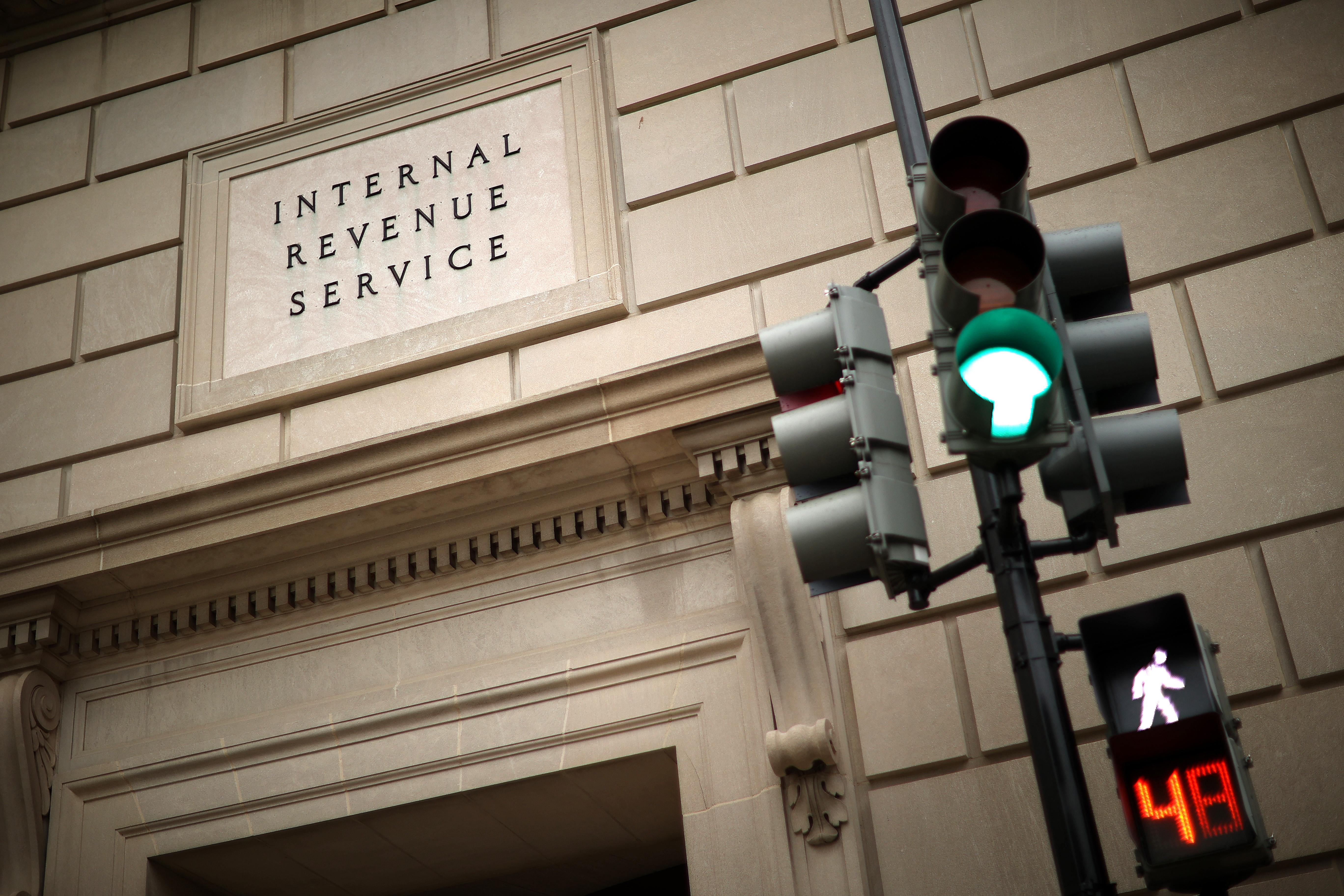
They did it: Senate Democrats have finally passed a reconciliation package after more than a year of negotiations. Gone are one-time priorities like child care and housing; Americans will have to settle for the country’s largest ever investment in fighting climate change, plus some important strides toward lowering health care costs.
Republicans still managed to strip out a $35 price cap on the cost of insulin for patients with health insurance, and Sen. Kyrsten Sinema lobbied to remove tax increases on private-equity barons. But one key, if overlooked, piece of the bill remained intact after all the debates and amendments were over: about $80 billion in new funding for the Internal Revenue Service. What it means is that for the next decade the agency can do a better job going after wealthy tax cheats and collecting revenues the government is supposed to be recouping anyway.
That kind of funding can’t come a moment too soon. The IRS has been an easy punching bag for decades. No one really enjoys paying taxes, particularly in a country that doesn’t make it particularly easy, and the taxman gets little love. Republicans have been successful in playing off that resentment to starve the agency’s budget, forcing it to fall by $2 billion between 2010 and 2017. Less money means less staff capacity, and the IRS lost 15 percent of its employees on net between 2010 and 2020, with a 40 percent drop in key enforcement personnel. By 2017 it had just 9,510 auditors, a third lower than 2010.











